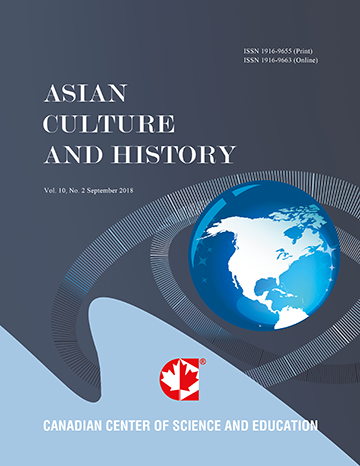Researcher Mobility and Innovation: The Effect of Researcher Mobility on Organizational R&D Performance in the Emerging Nations' Companies
- Ayano Fujiwara
Abstract
This study applies a knowledge production function to an empirical analysis of the relationship between innovation and the movement of knowledge workers. In the past, investments in R&D and human resources were used as indices to measure innovation. However, this study analyzes the role that the movement of knowledge workers plays in innovation and the growth of the new corporations that recruited them from mature companies. This study reveals that the fluidity of talent and informal networks play an important role during the process of innovation. The analysis clearly shows that when innovation is measured by number of patents, the contribution of highly experienced and highly specialized researchers from developed countries is especially high. On the other hand, when innovation is measured by patent quality, both the number of researchers and the researchers’ years of experience clearly exhibit positive effects.
- Full Text:
 PDF
PDF
- DOI:10.5539/ach.v10n2p36
Journal Metrics
Google-based Impact Factor (2017): 5.42
h-index (January 2018): 11
i10-index (January 2018): 21
h5-index (January 2018): 6
h5-median (January 2018): 9
Index
- Academic Journals Database
- CNKI Scholar
- COPAC
- EconPapers
- Elektronische Zeitschriftenbibliothek (EZB)
- Excellence in Research for Australia (ERA)
- Genamics JournalSeek
- Google Scholar
- Infotrieve
- LOCKSS
- MIAR
- NewJour
- Open J-Gate
- PKP Open Archives Harvester
- Publons
- RePEc
- Scilit
- SHERPA/RoMEO
- Standard Periodical Directory
- Technische Informationsbibliothek (TIB)
- The Keepers Registry
- Universe Digital Library
- WorldCat
Contact
- Ivan YongEditorial Assistant
- ach@ccsenet.org
